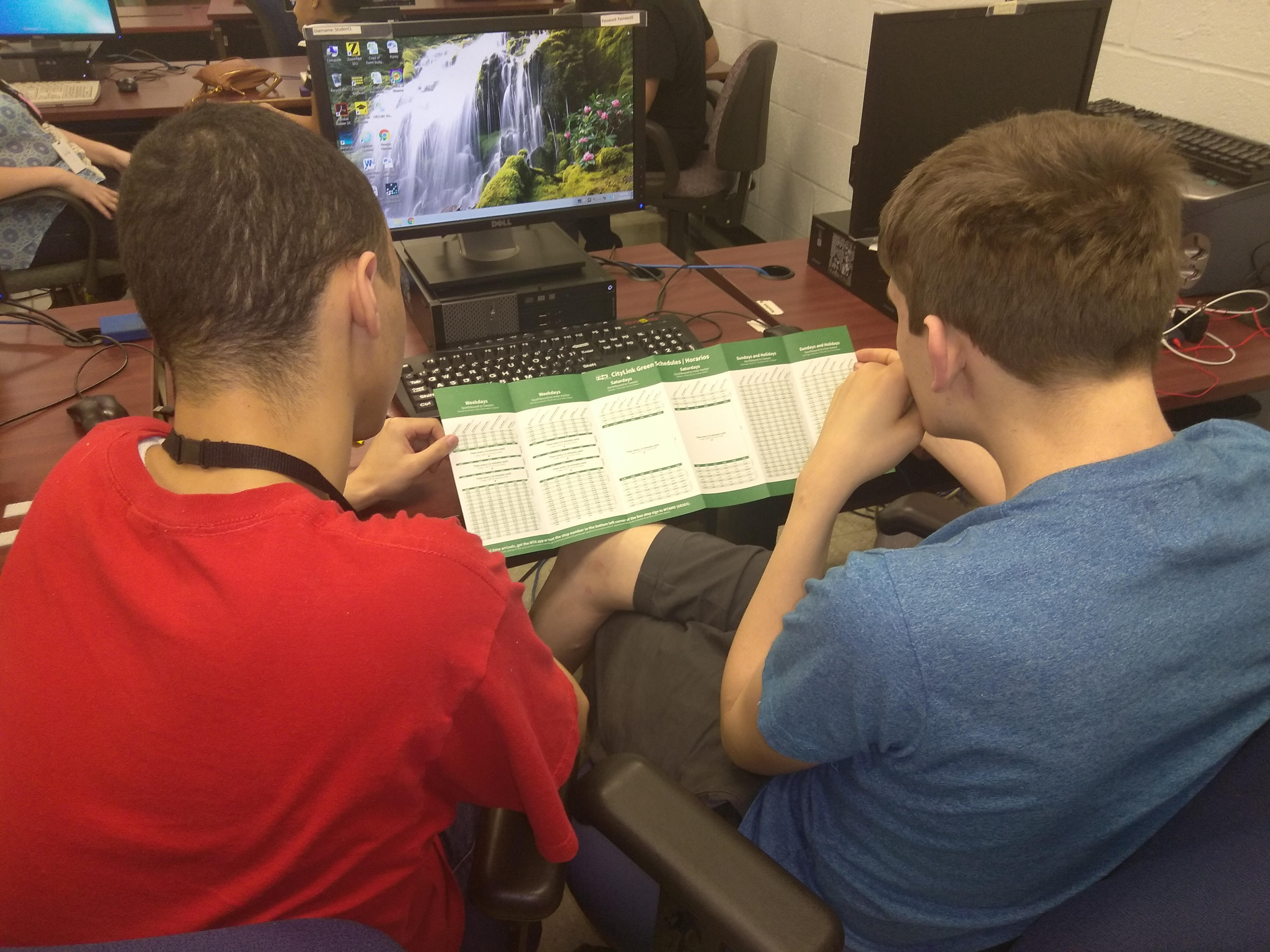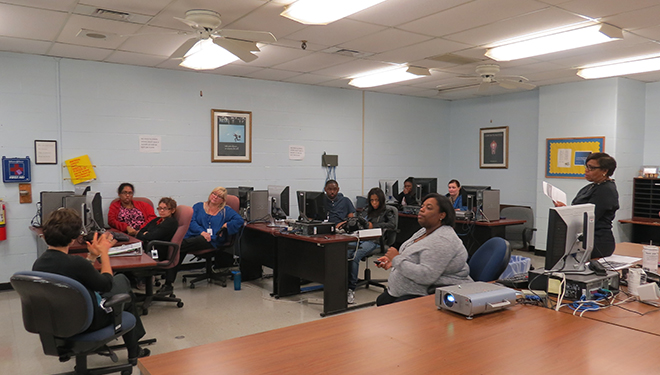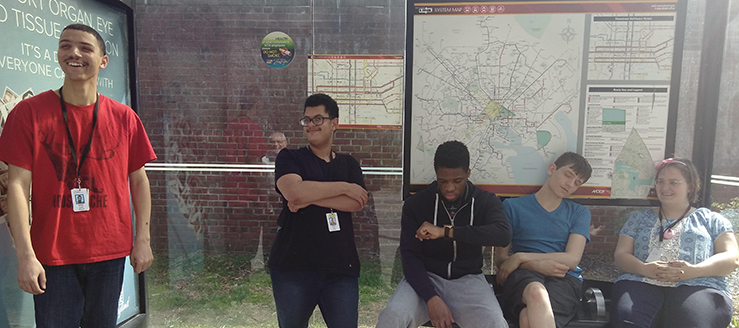
MAY 2018 - DORS' Workforce & May Technology Center (WTC) Travel Training teaches consumers how to use public transportation to commute between home or internships sites and the WTC.
Some consumers participate in Travel Training while they are in another WTC class or program; some consumers have Travel Training before attending a WTC class or program.
There are three types of Travel Training:
Travel Training-Individual provides individual instruction for 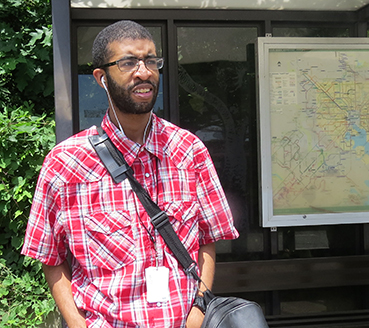
consumers who need to learn to navigate a specific route or to a specific location.
Travel Training-Group for the Work Readiness Program (WRP) is provided for students who participate in the WTC WRP. These students attend a six-session course; five of the six sessions are class instruction. The sixth class teaches students to navigate from WTC to a specific location with the Travel Training Instructor(s). 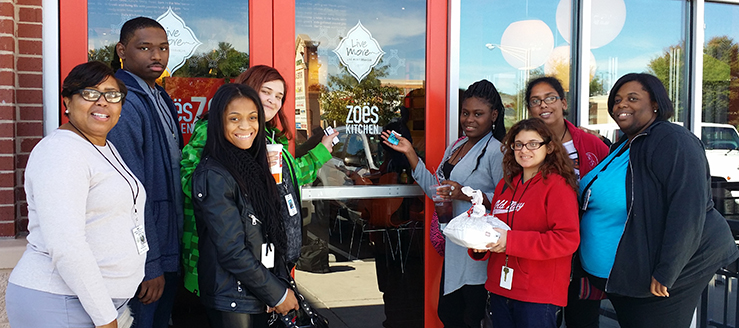
Travel Training-Boot Camp is a four-day group training designed to assist consumers who are entering a WTC core or partnership training program. The trainers work with these consumers ahead of time to help them learn to navigate between WTC and public 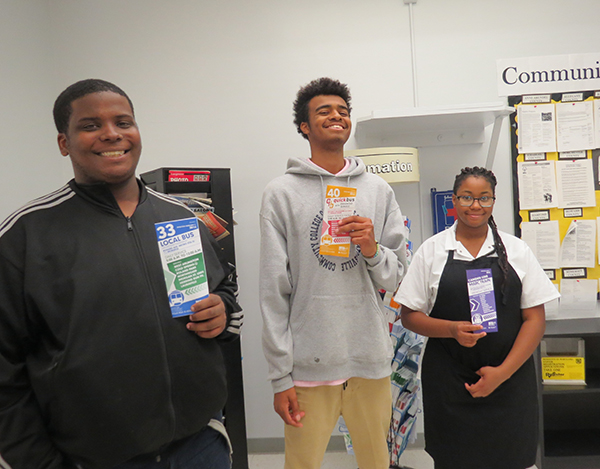 transportation, and their residences. Travel Training-Boot Camp occurs on the last week of each month with the exception of May and December due to holidays.
transportation, and their residences. Travel Training-Boot Camp occurs on the last week of each month with the exception of May and December due to holidays.
All Travel Training includes classroom instruction, as well as in-person and hands-on experiences navigating public transportation systems.
